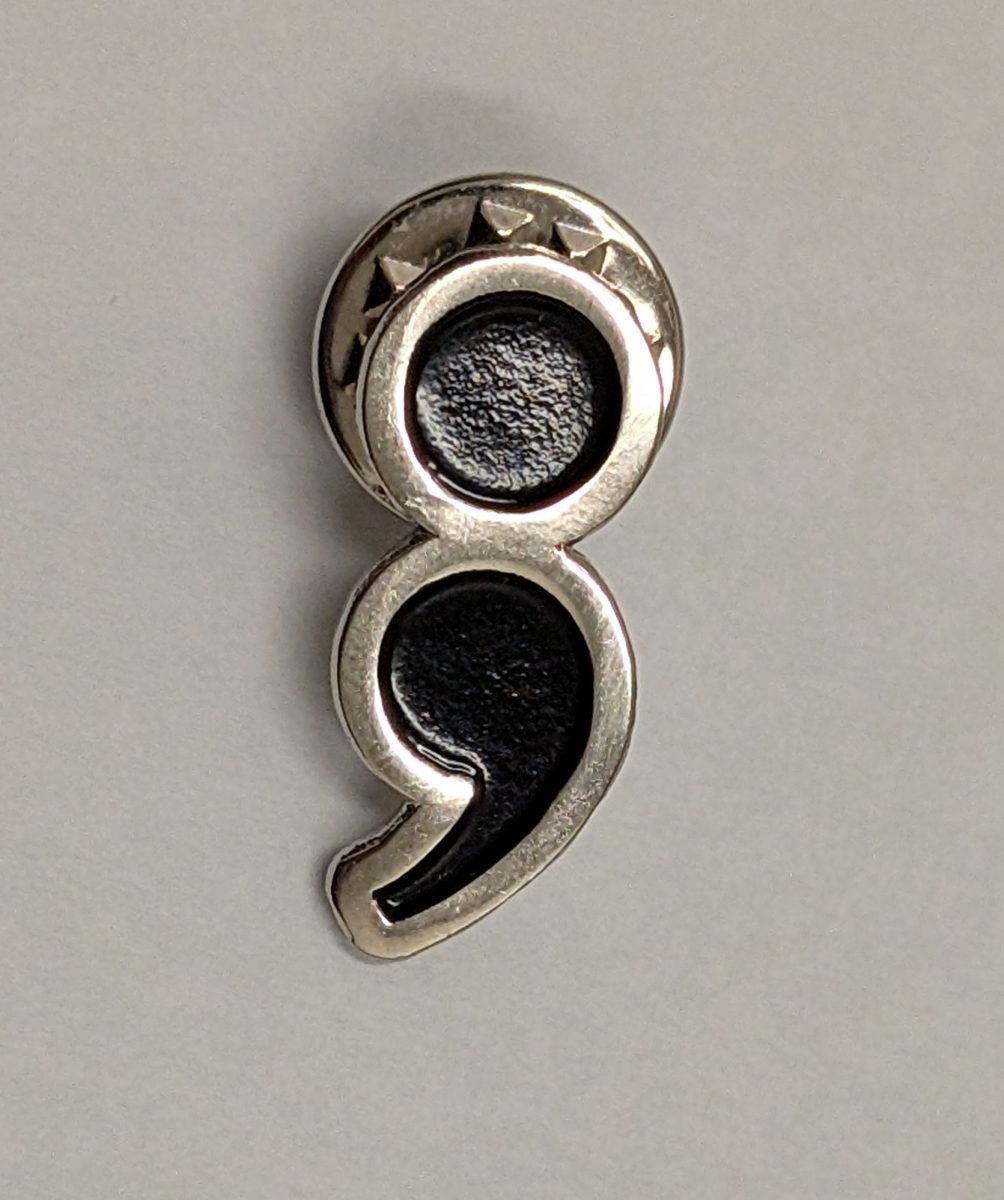Self-plagiarism is, for lack of a better word, dumb.
The Lightridge Honor Code says that copying one’s own work isn’t allowed, but ‘self-plagiarism’ makes little sense because in most, if not all, cases using one’s work cannot be classified as immoral–and in generally speaking, legal ramifications for self-plagiarism lack a strong basis. For these reasons, concepts of self-plagiarism are stupid and should be treated as such.
The notion of self-plagiarism is based on scientific academic literature, where writers can face punishment for using work previously published in journals. When scientists agree to publish research in a journal, they willingly relinquish partial intellectual rights over their work. With this, they are contractually prevented from using old ideas in new work unless accompanied by a citation. It makes sense that using one’s paper without citation would be penalized because scientific research papers often contain upwards of ten or more authors, complicating what can be considered as one’s “own work.” However, these issues do not apply as often in liberal arts contexts.
The largest issue of self-plagiarism in scientific academic writing is the portrayal of old ideas and perspectives as new, where old thinking combined with new results or findings can often diminish the importance of a topic or application. Because of this, many argue for the moral wrongness of self-plagiarism, stating that it is deceitful. However, in liberal arts domains, such as English, where ideas are constantly repackaged and single or independent authors are common, there is no extreme significance to pairing old ideas with new ones–in fact, it is encouraged.
There is an argument to be made self-plagiarism is wrong in the case of duplicate publication–where an author attempts to publish their work twice–but the fact of the matter is that when someone doesn’t publish their work under a contract or agreement, there is little legal ground for the concept of “self-plagiarism.” Repackaging old work, especially for an assignment and not in the context of a contract publication, is much less egregious in liberal arts domains than in scientific settings and should be treated as such.
If Claude Monet painted a slightly different painting than The Water Lily Pond and called it The Lily Pond, he wouldn’t have been banned from a gallery or thrown in jail. Ultimately, his work belongs to himself, and he therefore possesses the right to use it how he wishes. In this respect, why should we criticize English students for borrowing a line or a paragraph from their own work and rewording it to fix the context?
Is the purpose of an essay lost if it has already been completed before its assignment?








